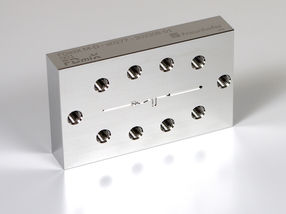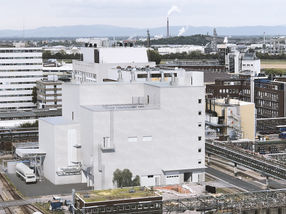CMC Biologics Completes First Stage of Expansion with Addition of Single-Use Facility
CMC biologics announced the completion of a new state-of-the-art disposable manufacturing facility at its Seattle, WA site. The addition comes as part of a staged major expansion plan, which will add significant production capacity to its existing facility to accommodate a growing demand for cGMP manufacture of biopharmaceuticals.
The multi-purpose, single-use facility will allow for early-phase clinical manufacture of a range of biopharmaceuticals, including monoclonal antibodies and other mammalian cell culture-based recombinant proteins. CMC Biologics has partnered with Hyclone to supply the new disposable facility with processing equipment, including a 100L and two 500L single-use bioreactors (SUBs) and disposable mixers.
"Disposable technology offers the advantages of increased flexibility and efficiency, decreased cross-contamination risks, and elimination of cleaning, sterilization and other change-over procedures typically associated with traditional steel tank facilities, while providing the same performance," said Andy Walker, Senior Director of Manufacturing. "Consequently, it provides a cost-effective strategy for reducing the speed to market for many biologics."
For other products where use of disposables is not feasible, CMC Biologics continues to offer its stainless-steel clinical and commercial cGMP manufacturing facility. They are currently increasing capacity with the addition of a second 3000L bioreactor train, identical to the existing line. Recent client demand has prompted initial steps in the plan toward build-out of a pre-existing structure anticipated to house two 5000L commercial-ready manufacturing lines. CMC Biologics has also increased headcount by more than 30% at its Seattle site to support the expansion.
Most read news
Other news from the department manufacturing
These products might interest you
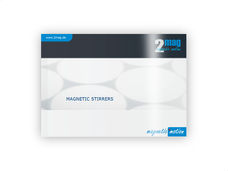
2mag Magnetic Stirrers Catalogue 2024 by 2mag
Wear-free magnetic stirrers for laboratory and cell culture
Request the 2mag catalogue 2024 with innovative stirring solutions now
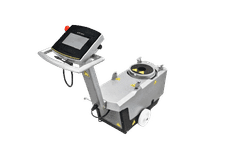
Drive Units for Pro Mixer by Sartorius
Magnetic disposable agitator without surface contact perfect for biopharmaceutical process
Improved efficiency in cell harvesting and buffer preparation through advanced technology
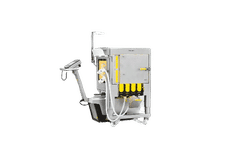
Flexsafe® Bag for Pro Mixer without top port - 1500 L by Sartorius
Efficient bioprocess optimisation: 1500 L Flexsafe® Pro Mixer Bag
Improved mixing processes and easy handling thanks to ergonomic design and inline sensors
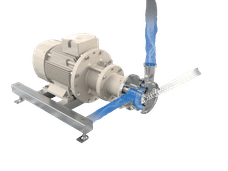
YSTRAL Conti-TDS by ystral
YSTRAL Conti-TDS: The No. 1 in Powder Wetting
Induct, wet and disperse powder
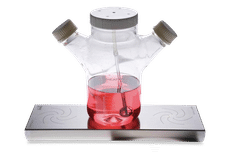
Innovative Magnetic Stirrers by 2mag
Magnetic stirrer of the future - for laboratories and pilot plants
Individually configurable, 100 % wear-free, 3-year guarantee

Get the life science industry in your inbox
By submitting this form you agree that LUMITOS AG will send you the newsletter(s) selected above by email. Your data will not be passed on to third parties. Your data will be stored and processed in accordance with our data protection regulations. LUMITOS may contact you by email for the purpose of advertising or market and opinion surveys. You can revoke your consent at any time without giving reasons to LUMITOS AG, Ernst-Augustin-Str. 2, 12489 Berlin, Germany or by e-mail at revoke@lumitos.com with effect for the future. In addition, each email contains a link to unsubscribe from the corresponding newsletter.
Most read news
More news from our other portals
See the theme worlds for related content
Topic world Antibodies
Antibodies are specialized molecules of our immune system that can specifically recognize and neutralize pathogens or foreign substances. Antibody research in biotech and pharma has recognized this natural defense potential and is working intensively to make it therapeutically useful. From monoclonal antibodies used against cancer or autoimmune diseases to antibody-drug conjugates that specifically transport drugs to disease cells - the possibilities are enormous

Topic world Antibodies
Antibodies are specialized molecules of our immune system that can specifically recognize and neutralize pathogens or foreign substances. Antibody research in biotech and pharma has recognized this natural defense potential and is working intensively to make it therapeutically useful. From monoclonal antibodies used against cancer or autoimmune diseases to antibody-drug conjugates that specifically transport drugs to disease cells - the possibilities are enormous


















